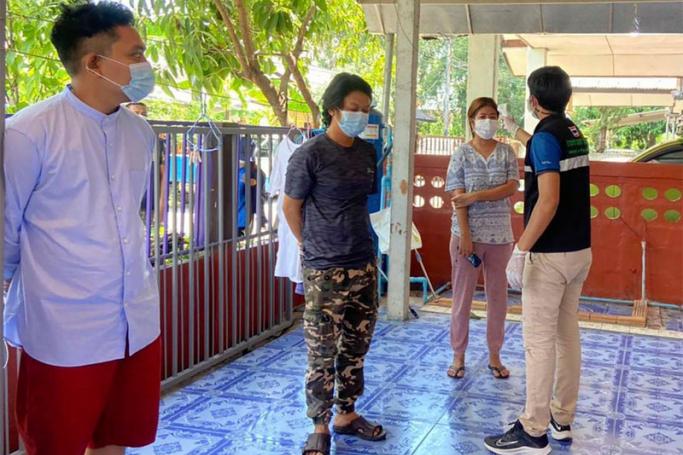The following is the full text of the Foreign Correspondents’ Club of Thailand (FCCT)’s statement on the arrest of three Democratic Voice of Burma (DVB) journalists and two associates in Chiang Mai province.
‘The professional membership of the Foreign Correspondents’ Club of Thailand (FCCT) is seriously concerned over the arrest of three Democratic Voice of Burma (DVB) journalists and two associates in San Sai district of Chiang Mai province on May 10, 2021, for alleged illegal entry into the country. The five were scheduled to appear at the Chiang Mai court on the morning of May 11.
These five individuals would face certain arrest and persecution, if not worse, for their work and association with the DVB, and under no circumstances should they be deported back to Myanmar.
Rather, the DVB journalists and their associates should be released from detention, urgently offered protection, and granted the right to remain temporarily in Thailand.
More than 70 journalists are among around 5,000 people arrested by security forces since a military coup on Feb. 1. The vast majority remain in detention at a time when there have been widespread reports of torture and extrajudicial killings.
On March 8, Myanmar’s junta, the State Administration Council (SAC), revoked the license of DVB along with four other media organizations to operate in the country, making reporting for the network an illegal act. Yet these journalists continued to do their jobs, making them targets for the SAC.
The depth of the SAC’s enmity towards the DVB’s reporting is demonstrated by the junta’s May 4 nationwide ban on the use of satellite dishes. The main target of this ban is reporting by the DVB and another banned news agency, Mizzima, which continued to broadcast by satellite into the country.
The world is watching what the Thai authorities do in this important case for press freedom in Myanmar and the region, and for the protection of those fleeing the junta’s brutal crackdown on independent media and civil society.’












